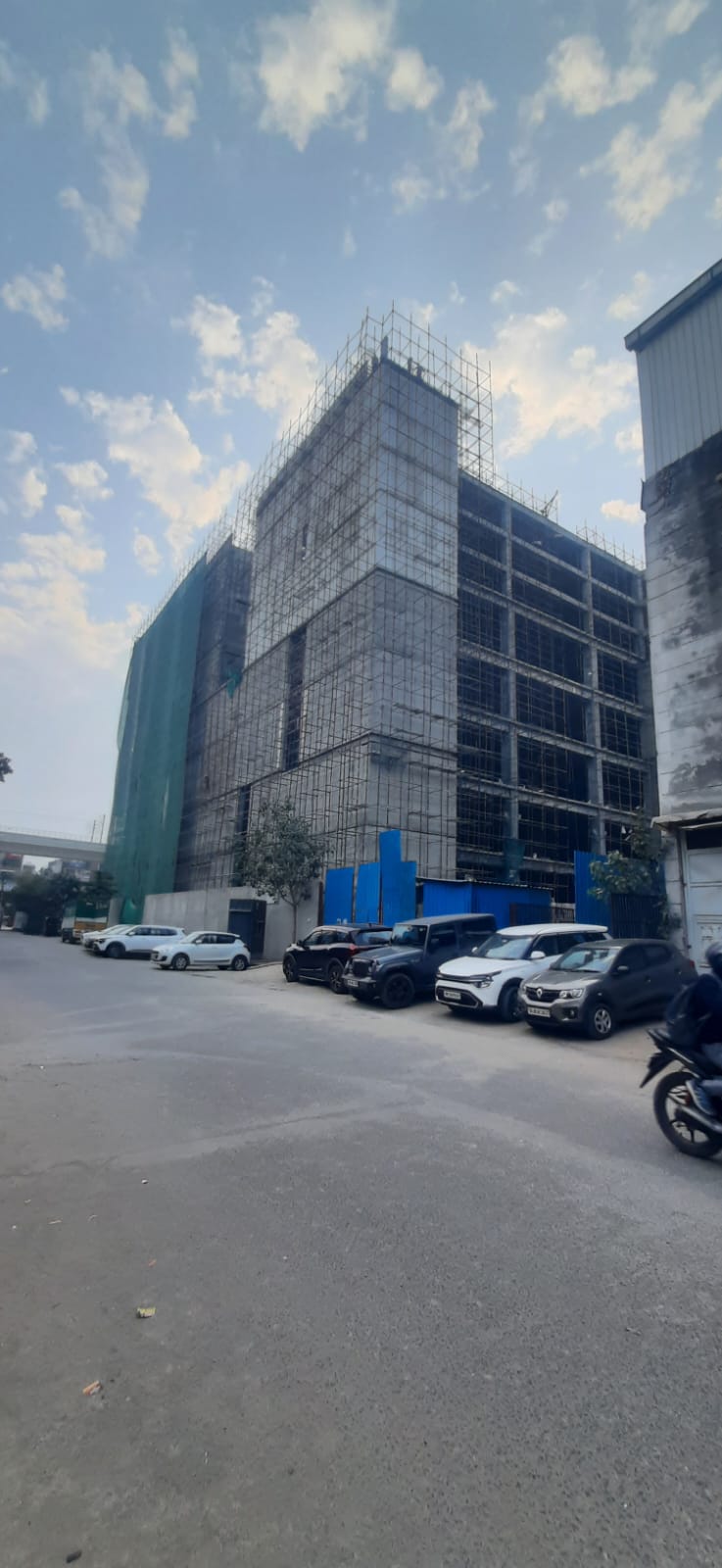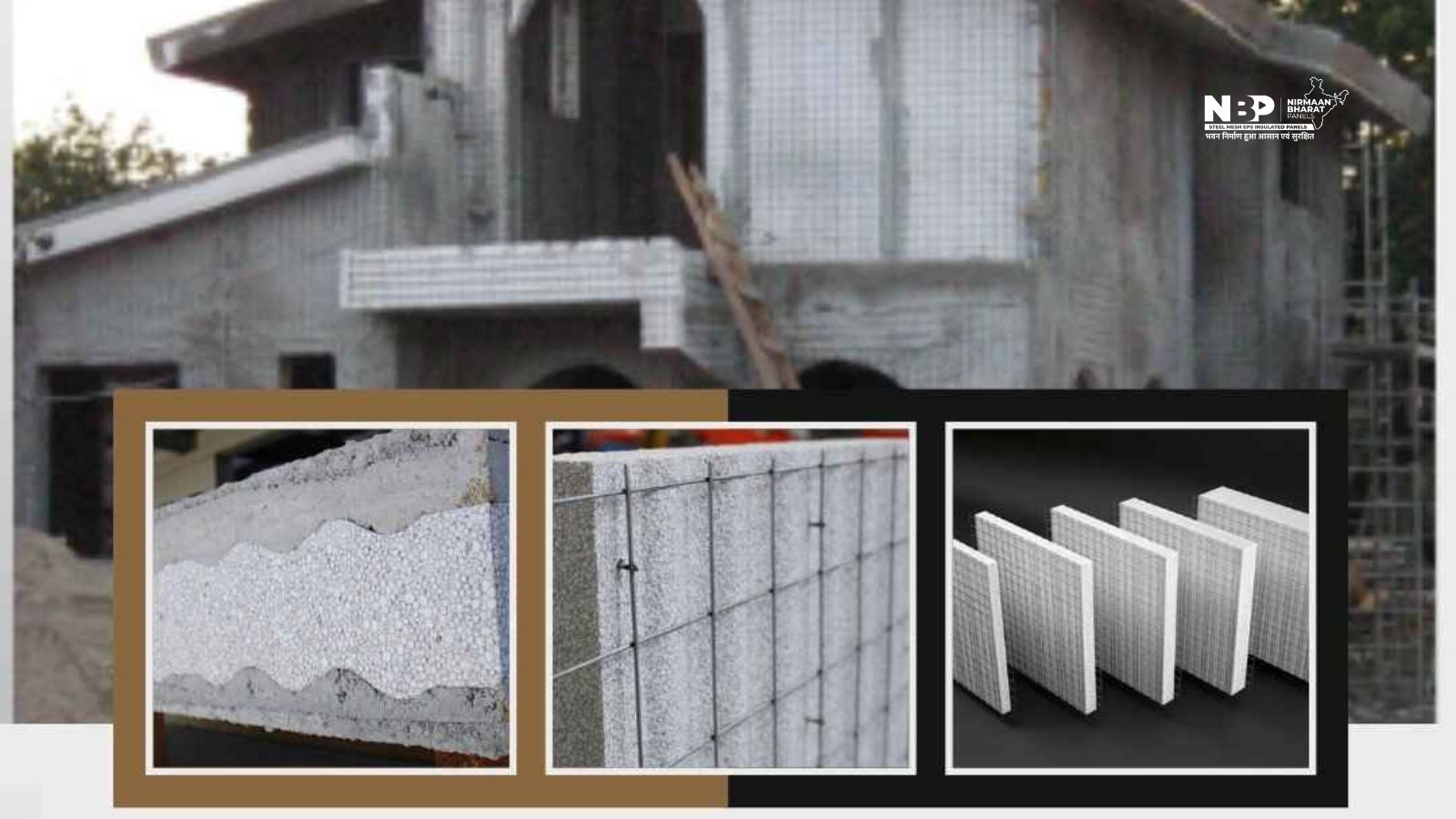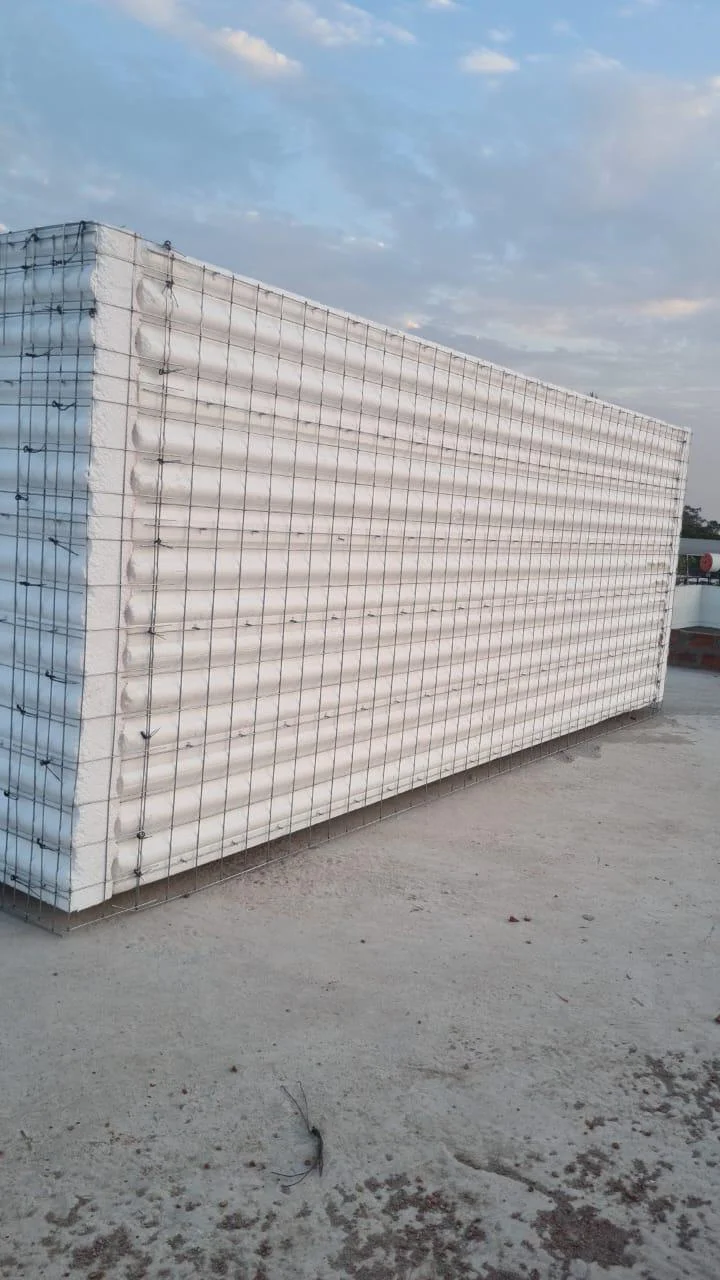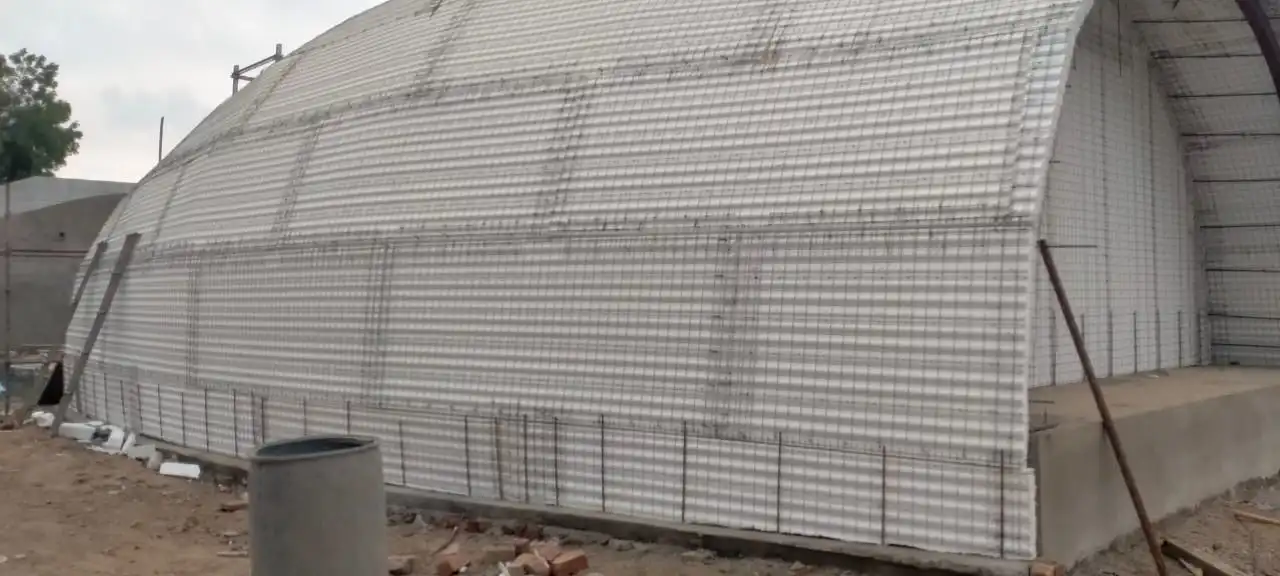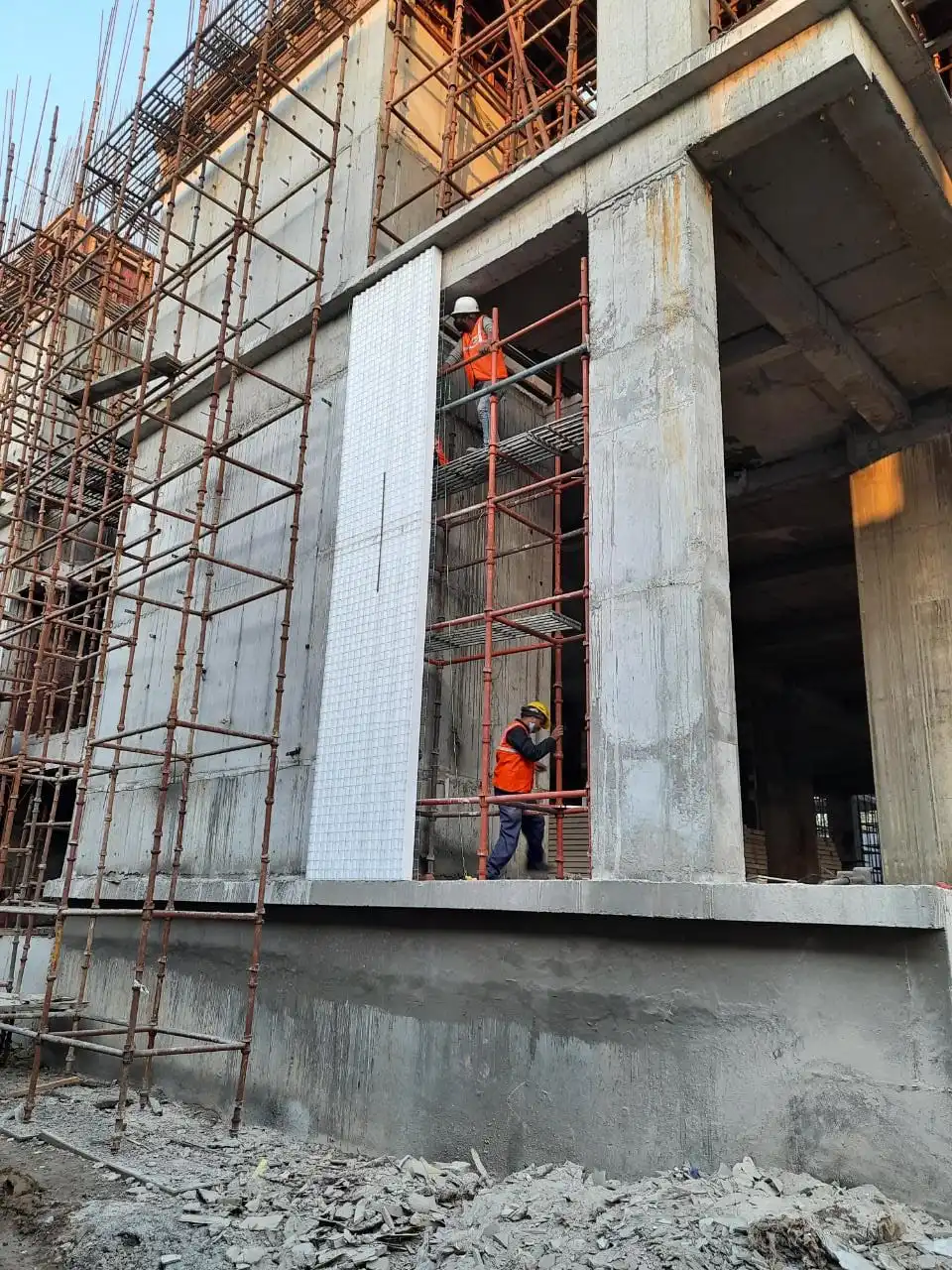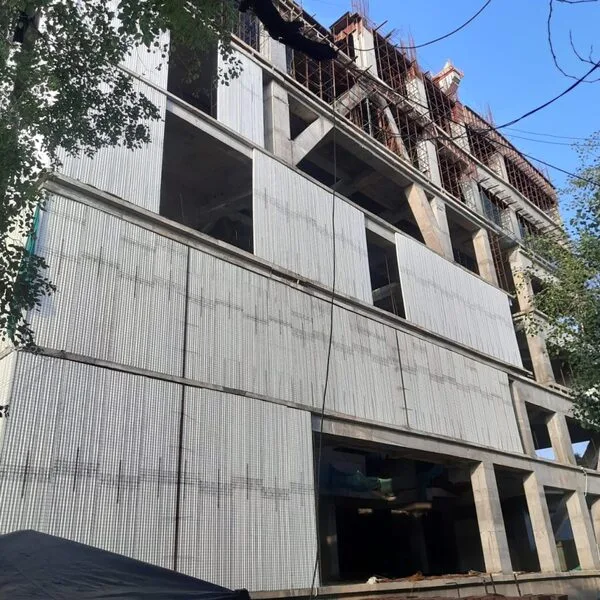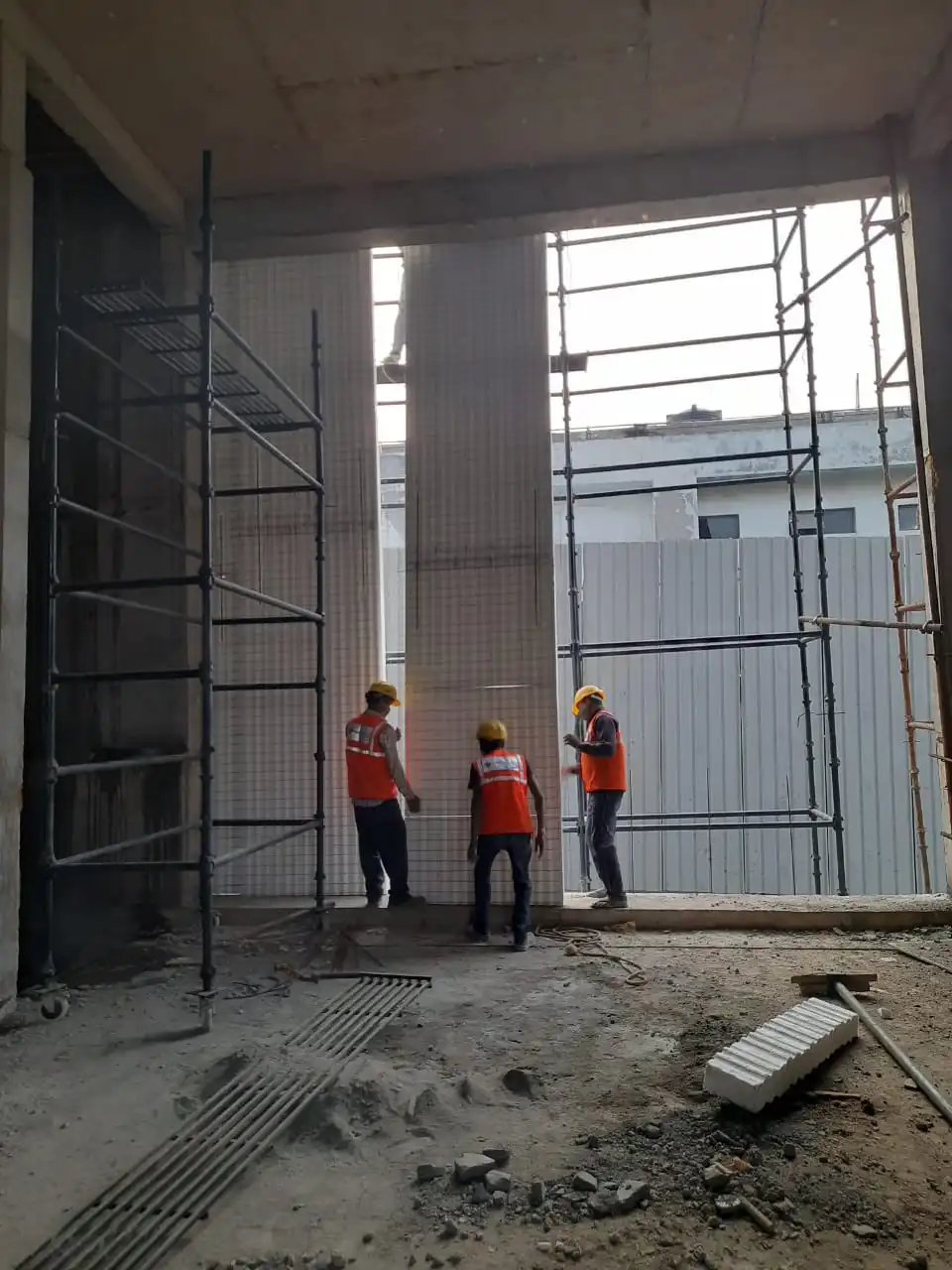In the dynamic realm of construction, finding materials that seamlessly cater to the diverse needs of both residential and commercial buildings is crucial. One such versatile solution gaining popularity is the Expanded Polystyrene (EPS) panel. Known for its lightweight nature, exceptional insulation properties, and cost-effectiveness, EPS panels are becoming a go-to choice for architects and builders alike. In this blog post, we delve into the reasons behind the rising popularity of EPS panels and how they can be effectively employed in both residential and commercial construction projects.
Table of Contents
ToggleEPS Panels: An Overview:
Expanded Polystyrene, commonly known as EPS, is a lightweight, rigid cellular plastic material derived from petroleum. The manufacturing process involves expanding polystyrene beads, molding them into panels, and then cutting them to desired dimensions. The result is a versatile and durable material with a wide range of applications in the construction industry.
Residential Applications:
Energy Efficiency:
One of the primary reasons EPS panels are gaining traction in residential construction is their exceptional insulation properties. These panels act as a thermal barrier, reducing heat transfer and contributing to energy efficiency. Homeowners can benefit from reduced energy bills and a more comfortable living environment.
Quick and Easy Installation:
EPS panels are lightweight, making them easy to handle and install. This is advantageous in residential construction, where quick installation can significantly reduce labor costs and construction time. Homeowners can enjoy a faster construction process and move into their new homes sooner.
Cost-Effective Construction:
The cost-effectiveness of EPS panels makes them an attractive option for residential builders. The material is affordable, and its energy-efficient properties can result in long-term savings for homeowners. This combination of affordability and energy efficiency makes EPS panels a win-win for both builders and residents.
Commercial Applications:
Structural Integrity:
In commercial construction, where large and complex structures are common, the structural integrity of building materials is paramount. EPS panels, despite their lightweight nature, offer impressive strength and durability. They can be used in various applications, from roofing to wall systems, contributing to the overall stability of the commercial building.
Customization and Design Flexibility:
EPS panels can be easily customized to meet the specific design requirements of commercial buildings. Architects appreciate the flexibility offered by EPS panels, allowing for creative and innovative designs. This adaptability makes EPS panels suitable for a wide range of commercial structures, from office buildings to shopping centers.
Sustainability:
As sustainability becomes a focal point in the construction industry, EPS panels stand out for their eco-friendly attributes. The material is recyclable, and its manufacturing process generates minimal waste. Commercial projects incorporating EPS panels can enhance their green credentials, appealing to environmentally conscious stakeholders.
Conclusion:
In the ever-evolving landscape of construction materials, EPS panels emerge as a versatile and sustainable choice for both residential and commercial buildings. Their lightweight nature, coupled with excellent insulation properties, makes them an attractive option for builders looking to achieve energy efficiency and cost-effectiveness.
Whether it’s a cozy home or a sprawling commercial complex, EPS panels prove their mettle in contributing to the success of diverse construction projects. As the construction industry continues to embrace innovation, the role of EPS panels is likely to expand, solidifying their position as a cornerstone in modern building practices.


